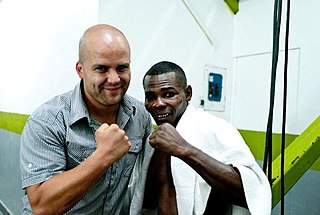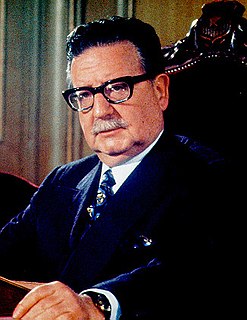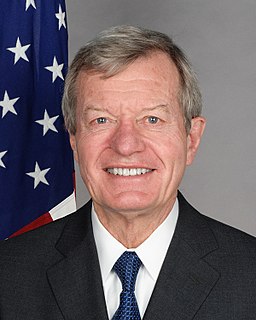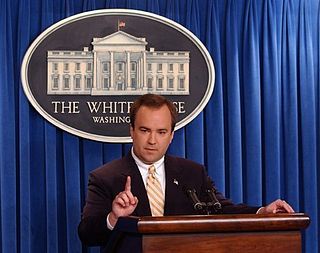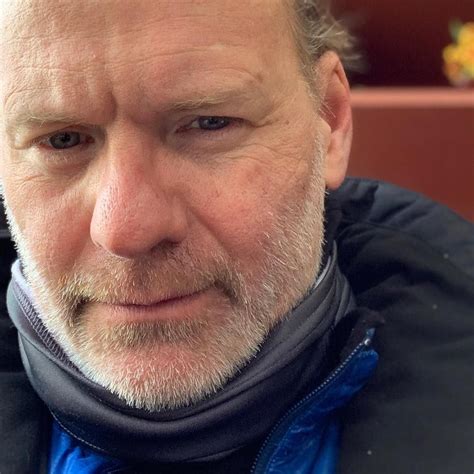A Quote by Noam Chomsky
We have to remember that literally within months after Castro's taking office the planes from Florida were beginning to bomb Cuba. Within a year, the Eisenhower administration secretly, but formally, decided to overthrow the government. Then came the Bay of Pigs invasion. The Kennedy administration was furious about the failure of the invasion and immediately launched a major terrorist war and economic war that got harsher through the years. Under these conditions it is kind of amazing that Cuba survived.
Quote Topics
About
Administration
After
Amazing
Bay
Bay Of Pigs
Beginning
Bomb
Came
Castro
Conditions
Cuba
Decided
Economic
Eisenhower
Failure
Florida
Furious
Got
Government
Immediately
Invasion
Kennedy
Kind
Literally
Major
Months
Office
Overthrow
Pigs
Planes
Remember
Secretly
Survived
Taking
Terrorist
Then
Through
Through The Years
War
Were
Within
Year
Years
Related Quotes
The CIA's official history of the Bay of Pigs operation is filled with dramatic and harrowing details that not only lay bare the strategic, logistical, and political problems that doomed the invasion, but also how the still-green President John F. Kennedy scrambled to keep the U.S. from entering into a full conflict with Cuba.
I have been to Cuba many times. I have spoken many times with Fidel Castro and got to know Commander Ernesto Guevara well enough. I know Cuba's leaders and their struggle. It has been difficult to overcome the blockade. But the reality in Cuba is very different from that in Chile. Cuba came from a dictatorship, and I arrived at the presidency after being senator for 25 years.
The Kennedy Administration's public pronouncements on the matter suggested that the presence of Soviet nuclear missiles in Castro's Cuba would represent an unacceptable strategic threat to the United States. . . . This urgent transformation of Cuba into an important strategic base - by the presence of these large, long-range, and clearly offensive weapons of sudden mass-destruction - constitutes an explicit threat to the peace and security of all the Americas. . . .

